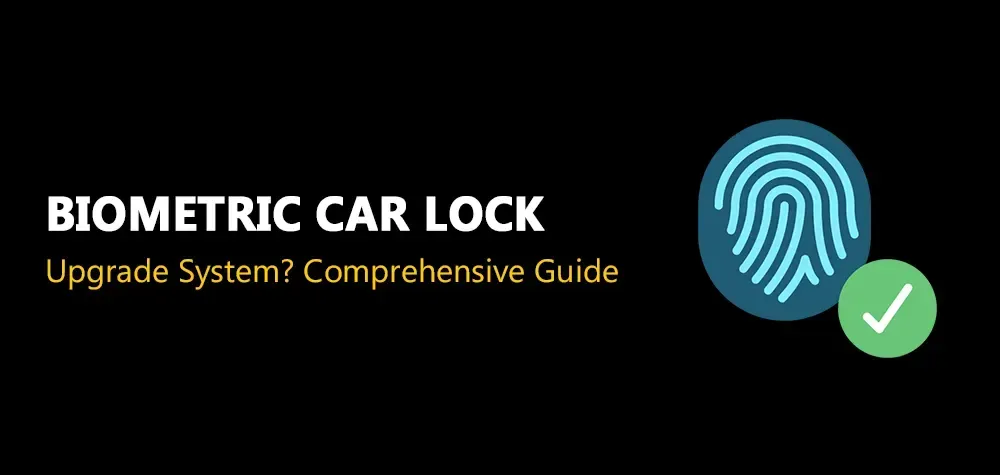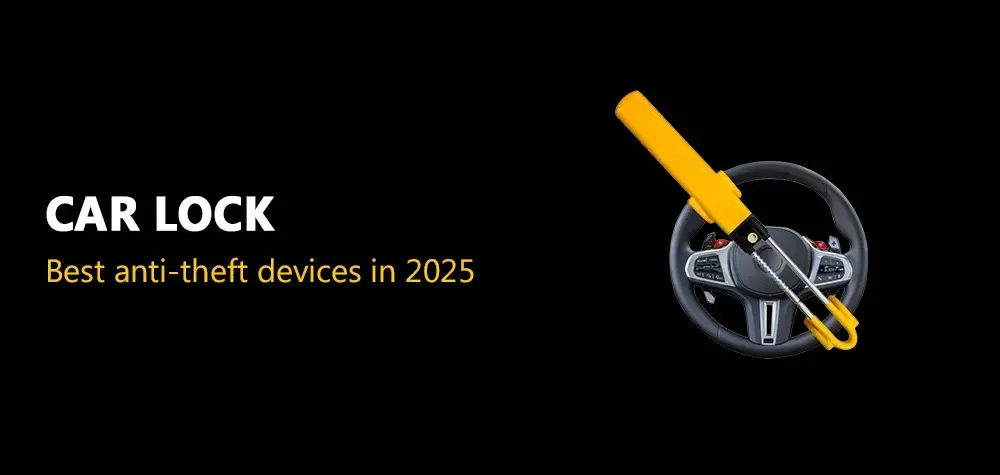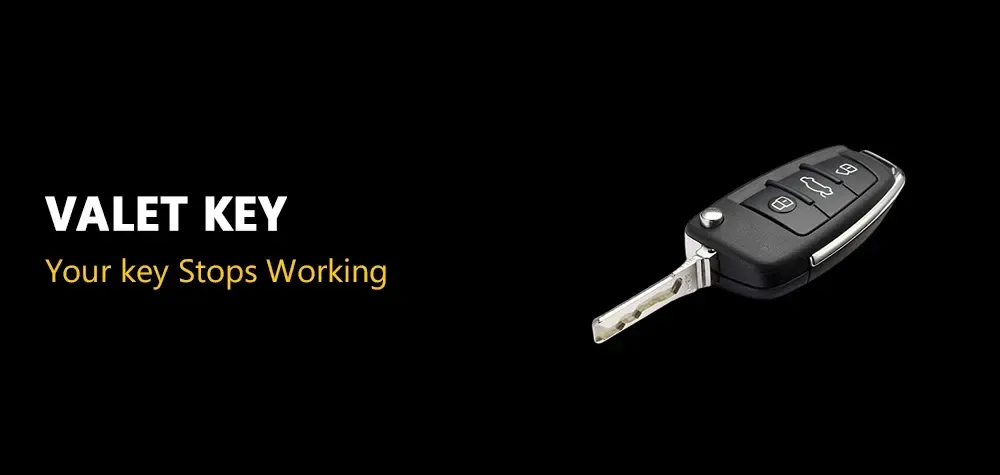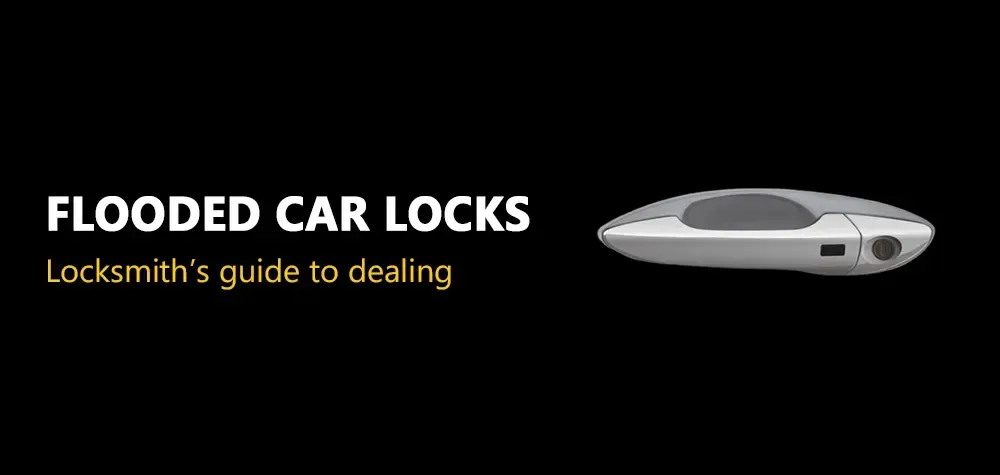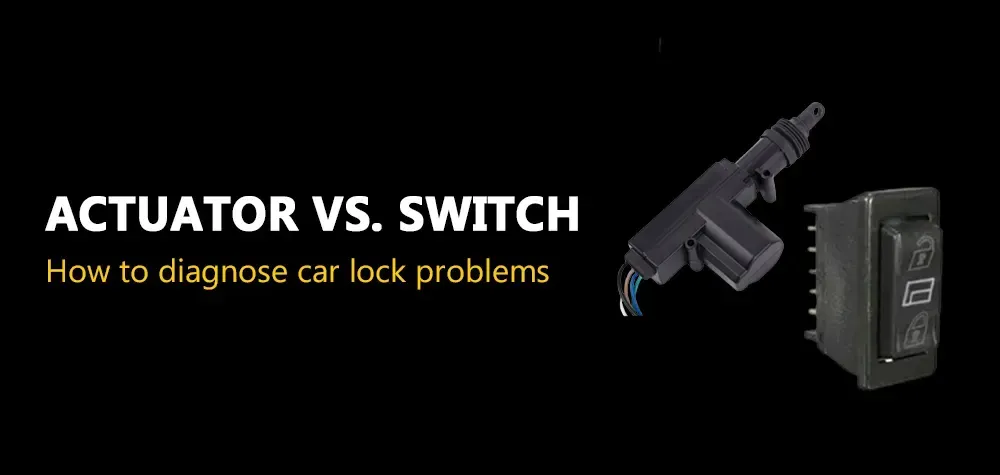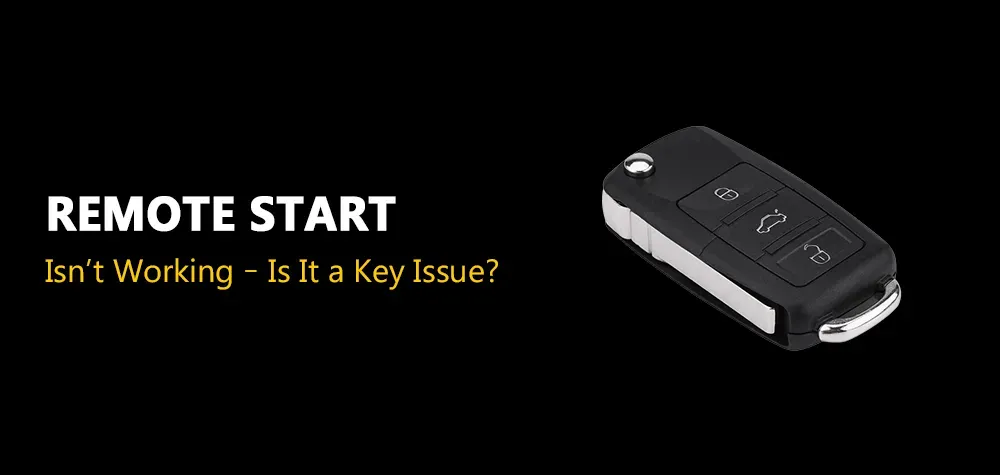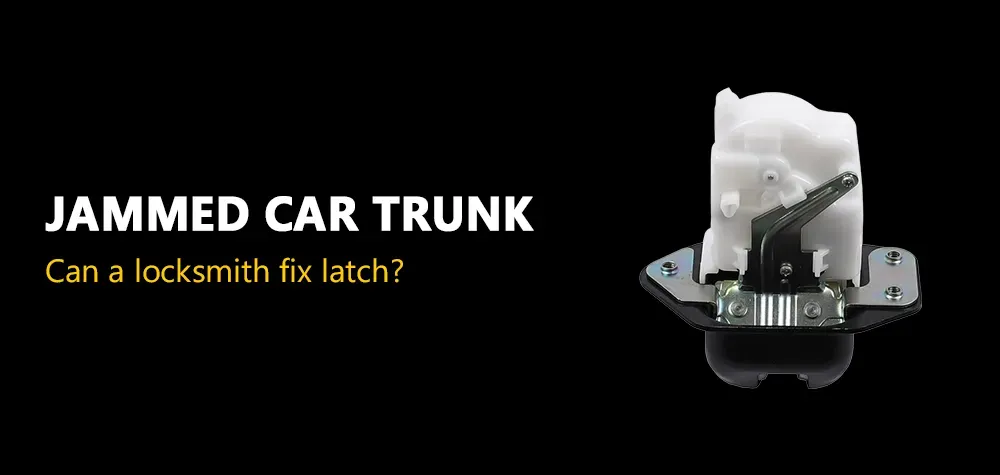Best Keyless Entry Systems for Apartments & Rental Properties
Why Traditional Locks Are No Longer Enough
For decades, landlords and tenants have relied on traditional locks and keys to secure their properties. The logic was simple: a metal key, a solid lock, and a secure door. But the reality? Lost keys, expensive lock replacements, and security vulnerabilities that left both renters and property owners frustrated.
Enter keyless entry systems—the modern solution to an age-old problem. These advanced locks are reshaping apartment security, offering convenience, better access control, and, most importantly, peace of mind. But with so many options on the market, how do you pick the right one? Let’s break it down.
Dealing with lost or stolen keys!
Keyless Entry vs. Traditional Locks: A Game-Changer for Rentals
Traditional locks offer one thing—basic security. But they also come with a set of problems that make them less than ideal for rental properties. Tenants lose keys. Landlords constantly need to change locks. And if a break-in happens? Well, let’s just say the security is only as good as the last tenant who lived there.
Keyless entry systems, on the other hand, eliminate many of these hassles. Instead of worrying about physical keys, renters and landlords can rely on PIN codes, biometric access, or even smartphone-controlled locks. The result? No more lost keys, no unnecessary lock replacements, and an overall better security setup that meets the demands of modern rental living.
What Makes a Keyless Entry System Ideal for Rentals?
Not all keyless entry systems are built the same, and rental properties have unique needs. The best system should be secure, easy to manage, and flexible enough to handle frequent tenant turnovers. Here’s what to look for:
- Remote Access Control – Can landlords or property managers update access codes remotely?
- Temporary & Customizable Codes – Can guests, maintenance workers, or new tenants get unique access codes?
- Durability & Battery Life – Will the lock hold up under heavy use without frequent battery changes?
- Integration with Smart Home Systems – Can it connect with other security features like cameras and alarms?
- Ease of Installation – Can you install it without rewiring the entire door?
With those factors in mind, let’s look at the best keyless entry systems currently available for rental properties.
Top Keyless Entry Systems for Apartments & Rentals
1. Schlage Encode Smart WiFi Deadbolt – Best for Remote Management
This system is a favorite among landlords because it connects directly to WiFi, meaning no need for an additional hub. With remote access through the Schlage Home app, landlords can grant or revoke access in seconds. Plus, it works with Alexa, so tenants can unlock the door with voice commands.
2. August Smart Lock Pro – Best for Easy Installation
One of the best features of the August Smart Lock Pro is that it works with your existing deadbolt. This means property owners don’t need to replace the entire lock—just attach the August device over the current setup. It also allows remote access and temporary codes, perfect for short-term rentals like Airbnb properties.
3. Yale Assure Lock SL – Best for Keypad Access
If you want a sleek design without a physical keyhole, Yale’s Assure Lock SL is the way to go. The touchscreen keypad ensures no one can pick the lock, and it integrates seamlessly with smart home platforms like Google Assistant and Apple HomeKit. Tenants can enter via PIN code, while landlords can manage access remotely.
4. Ultraloq U-Bolt Pro – Best for Multi-Function Access
This lock is packed with features: fingerprint recognition, keypad access, smartphone unlocking, and even a mechanical key for backup. It’s great for landlords who want a mix of security options in one device, ensuring tenants always have an alternative way to enter.
5. Kwikset Halo WiFi Smart Lock – Best Budget-Friendly Option
For landlords who want smart security without breaking the bank, Kwikset Halo offers a solid balance of affordability and high-tech features. It supports remote access, temporary codes, and a simple installation process—perfect for rental units.
Why Landlords & Property Managers Are Making the Switch
Landlords and property managers who have transitioned to keyless entry systems are seeing huge benefits. Security is tighter, tenant convenience is higher, and operational hassles are lower.
Instead of dealing with lost keys or expensive rekeying costs, they can simply generate a new access code when a tenant moves out. Plus, remote access means they no longer need to be physically present to grant entry to maintenance workers or new renters. This streamlined process saves time, money, and stress.
One landlord, John D., who manages multiple rental units, put it this way: “Switching to smart locks eliminated 90% of my tenant lockout calls. I can reset access codes in seconds instead of making a trip across town.”
Are There Any Risks to Keyless Entry Systems?
Like any technology, smart locks aren’t perfect. They rely on power, and if the batteries die, tenants could be locked out. Some WiFi-based locks are also vulnerable to hacking attempts if they’re not properly secured. That’s why it’s crucial to pick a lock with strong encryption and backup access methods like a mechanical key or fingerprint scanner.
Additionally, landlords should educate tenants about proper security practices, like using strong PIN codes and keeping their apps updated to prevent vulnerabilities.
Final Verdict: The Future of Rental Security is Keyless
If you’re a landlord, property manager, or even a tenant who wants better security and convenience, investing in a keyless entry system is a no-brainer. It eliminates the biggest pain points of traditional locks while offering a smarter, safer way to manage property access.
From WiFi-connected deadbolts to fingerprint scanners, the market is full of great options tailored for rental properties. Whether you prioritize affordability, ease of installation, or remote access, there’s a perfect smart lock out there for your needs.
The bottom line? Traditional locks had their time, but keyless entry is the future. And the sooner rental properties make the switch, the better.
Call Us Any Time!
